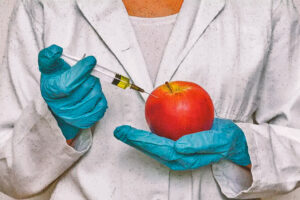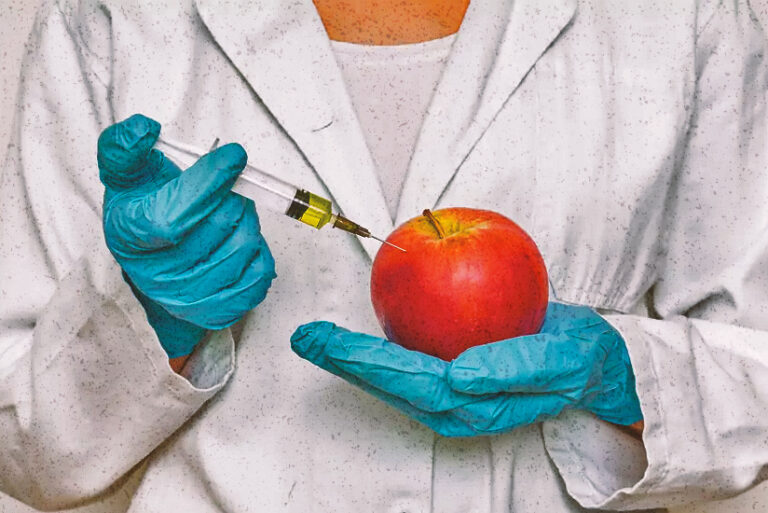By Evangeline T. Capuno
On one occasion, the director-general of World Health Organization (WHO) said, “Sugar consumption is an issue of interest for economic markets and world trade but also for public health, given its contribution to the obesity epidemic and the associated risks of diabetes, heart disease, and several diet-related cancers.”
On another occasion, he reiterated, “We used our authority to alert the world to the need to reduce daily sugar consumption, based on evidence of the association with dental caries and obesity.”
Last December 5, the WHO released new data that shows a low global rate of taxes being applied to unhealthy products such as sugar-sweetened beverages (SSBs). The findings highlight that most countries are not using taxes to incentivize healthier behaviors.
“Half of all countries taxing SSBs are also taxing water, which is not recommended by WHO,” the United Nations health agency deplored. “Although 108 countries are taxing some sort of sugar-sweetened beverage, globally, on average excise tax, a tax designated for a specified consumer product, represents just 6.6% of the price of soda.”
The WHO believed taxing unhealthy products creates healthier populations. “It has a positive ripple effect across society – less disease and debilitation and revenue for governments to provide public services,” said Dr Rűdiger Krech, Director of WHO Health Promotion.
Research shows that taxing SSBs helps cut down the use of these products, and gives manufacturing companies a reason to make healthier products. “While at the same time tax on these products help prevent injuries and noncommunicable diseases such as cancers, diabetes and heart diseases,” the WHO said.
Bad news for the Filipino sweet tooth
A recent Gallup Poll, conducted in collaboration with WHO and Bloomberg Philanthropies, found that many people surveyed across all countries supported increasing taxes on unhealthy products such as SBBs.
This is bad news for Filipinos who love to eat foods that are too sweet. This is the reason why most of our dishes are heaped or covered with sugar – from biko to bukayo, from leche flan to halo-halo. A gathering is not complete without the Filipino-style spaghetti, a sweet tomato-based pasta garnished with sliced hotdogs.
A party is not a party without soft drinks, right? Imagine yourself consuming 16 sugar cubes in one sitting. If you think that’s not possible, you’re wrong. Those 16 sugar cubes are a little less than what is contained in a 20-ounce bottle of a famous soft drink. And perhaps you may be wondering how many grams of sugar are in those Filipino delicacies? A serving of three banana cues in one stick can contain as much as six grams, or a teaspoon and a half, of sugar, according to the website of FWD Life Insurance Public Company Limited. That’s only for starters. Two-medium sized puto may contain five grams, or almost one and a half teaspoons, of sugar. Two tablespoons of banana ketchup may contain up to three grams of sugar.
The Philippines consumes around 2.5 million metric tons of sugar annually, thus making us one of the largest consumers in Asia, along with India, China, Indonesia, and Thailand. “(The sugar consumption) equates to 23.5 kilograms on a per capita basis, near its historic high,” said Chini-Mandi, India’s largest news and information portal for the sugar and allied industry.
From “white gold” to “public enemy number one”
How much sugar should you consume? The healthy level of sugar consumption per day, as recommended by the Geneva-based World Health Organization (WHO), is nine teaspoons for men and six teaspoons for women.
Perhaps not too many know that sugar used to be called “white gold.”
“Sugar was once a luxury ingredient reserved for special occasions,” wrote Tiffany O’Callaghan, an editor in the Opinion section at New Scientist. “But in recent years it has become a large and growing part of our diets.
“If you eat processed food of any kind, it probably contains added sugar,” she continued. “You can find it in sliced bread, breakfast cereals, salad dressings, soups, cooking sauces and many other staples. Low-fat products often contain a lot of added sugar.”
Just like salt, eating too much sugar is doing us no good. In fact, sugar is now touted as public health enemy number one: as bad as, if not worse than fat, and the major driving force behind obesity, heart disease and type II diabetes.
Some researchers even contend that sugar is toxic or addictive.
War on sugar through taxation
It’s no wonder why health bodies around the globe are waging “a war on sugar.” The WHO wants people to cut sugar consumption radically. In the United States, doctors and scientists are pressing food companies to reduce sugar and be more open about how much they add.
In Asia, the Philippines is the first country to introduce a landmark tax measure which imposes a tax on all sweetened beverages, depending on the type of sweetener used.
“Sugar is sugar, so it’s best used in moderation no matter what form it takes,” pointed out American dietitian Andrea D’Ambrosio.
To consume or not to consume, that is the dilemma for some people. “If God hadn’t meant for us to eat sugar, he wouldn’t have invented dentists,” said Ralph Nader, an American activist and author.
But Luc Tappy, a physiologist at the University of Lausanne in Switzerland, disagrees: “You cannot live without essential fats. You cannot live without protein. It’s going to be difficult to have enough energy if you don’t have some carbohydrates. But without sugar, there is no problem. It’s an entirely dispensable food.” – ###








